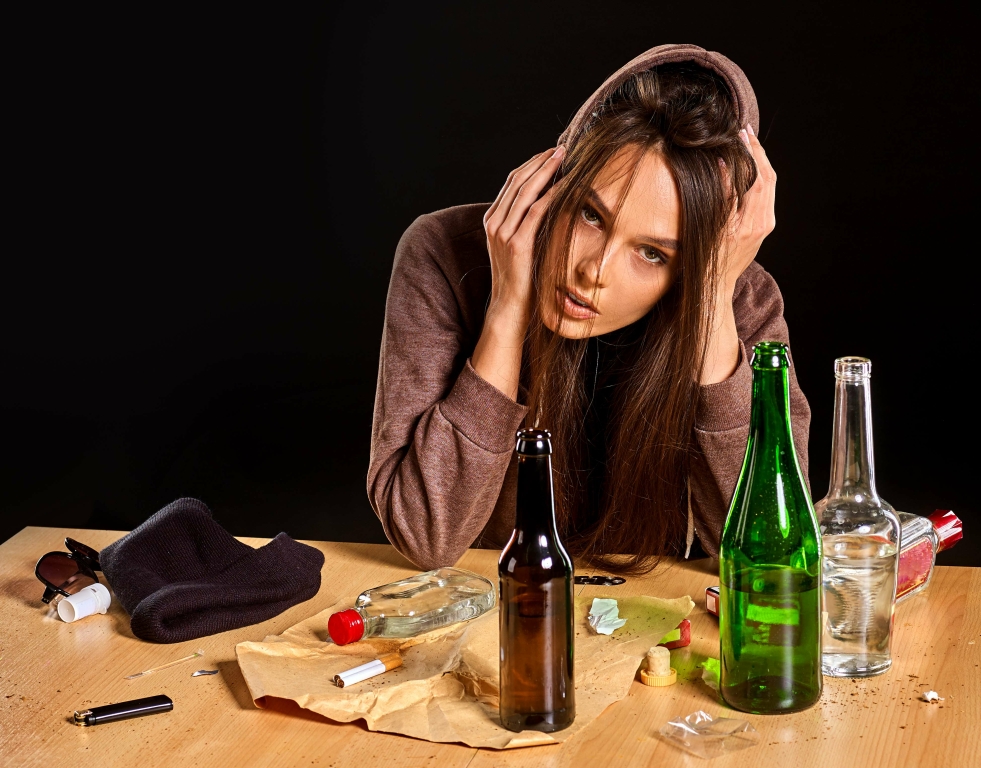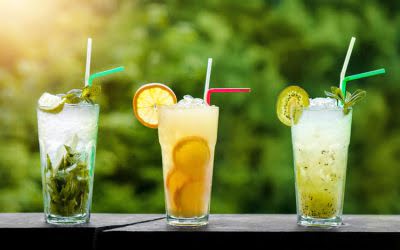Alcohol is classified as a central nervous system depressant, meaning it slows down brain activity. While “relaxed” may sound appealing, alcohol has also been shown to negatively affect sleep and other physiological processes that occur during sleep. Having the occasional nightcap to unwind is no biggie and may help you fall asleep faster. Drinking a light to moderate amount of alcohol (one or two https://fernandabarth.com.br/what-happens-if-you-drink-alcohol-while-taking/ standard drinks) before bed may not have much of an impact. Research shows that alcohol actually has a disruptive effect on your sleep the rest of the night and messes with sleep quality and quantity.
Why Does Alcohol Make Me Sleepy? Exploring the Science Behind Drowsiness
Like nearly all of the body’s organs, the liver functions according to circadian rhythms. Alcohol interferes with these circadian rhythms regulating the liver, and drug addiction treatment can contribute to compromised liver function, liver toxicity, and disease. While heavy alcohol use can trigger insomnia, the opposite is also true. People with insomnia have an increased risk of developing alcohol use disorder, potentially because many individuals turn to alcohol as a sleep aid. When it comes to winding down after a long day, many people turn to alcohol to help them relax and ease into sleep. Whether it’s a glass of wine, a beer, or a nightcap, alcohol is often seen as a sleep aid.
Causes Night Awakenings and Frequent Urination
When you consume alcohol before bedtime, REM sleep typically pays the price. “If you experience insomnia, mood imbalances and other brain symptoms, it may be best to cut back alcohol intake overall,” Dr. Scheller adds. “Many people find that while it initially seems difficult to break the habit of using alcohol to does alcohol make you sleep induce sleep, they soon adjust and experience better sleep and energy overall,” she continues.

Circadian Rhythm Disruptions
As a result, you may wake up during the night feeling thirsty or needing to use the bathroom more often. These disruptions affect the quality of your sleep, leaving you feeling tired and groggy in the morning. A feeling of fatigue after a night of drinking isn’t just from sleep interruptions. Alcohol has other effects on your body that contribute to feeling tired and sluggish the following day. Alcohol is a diuretic, meaning it increases urine production and fluid loss from the body more quickly than you can replace it.

